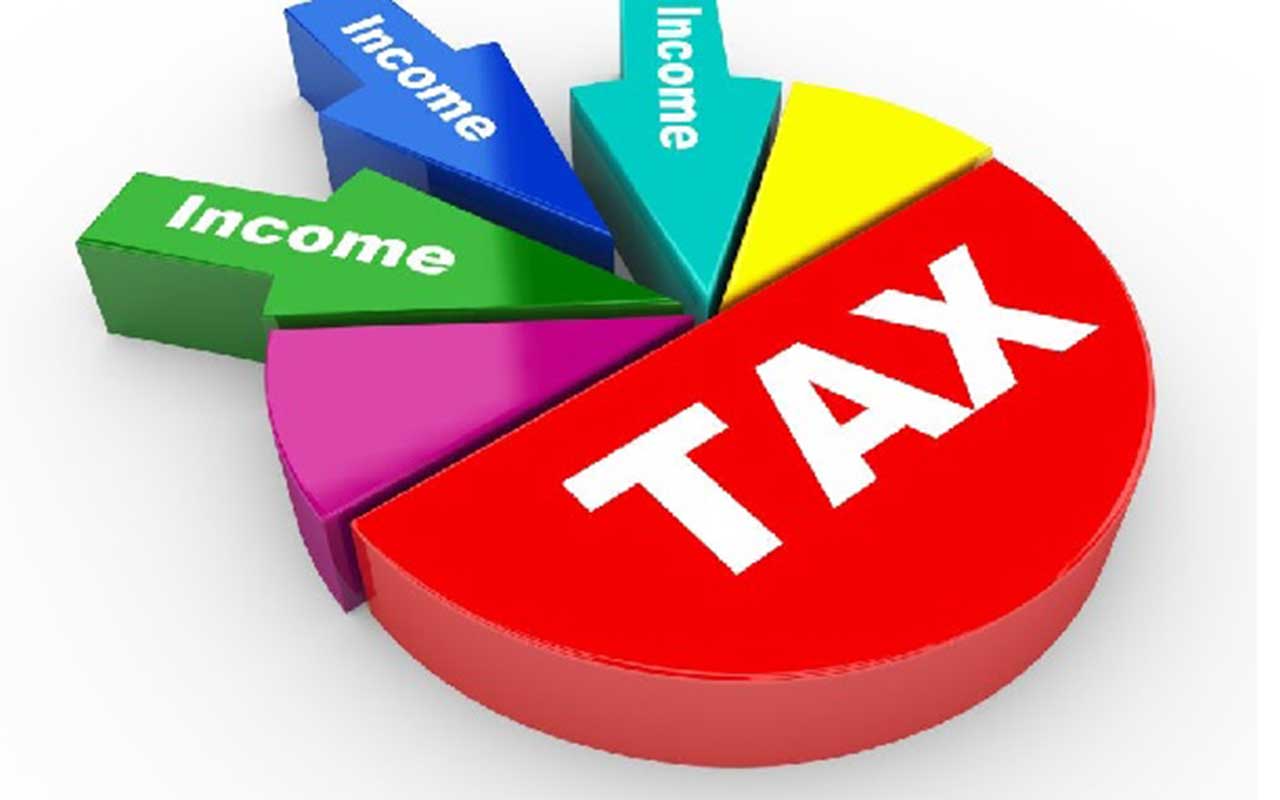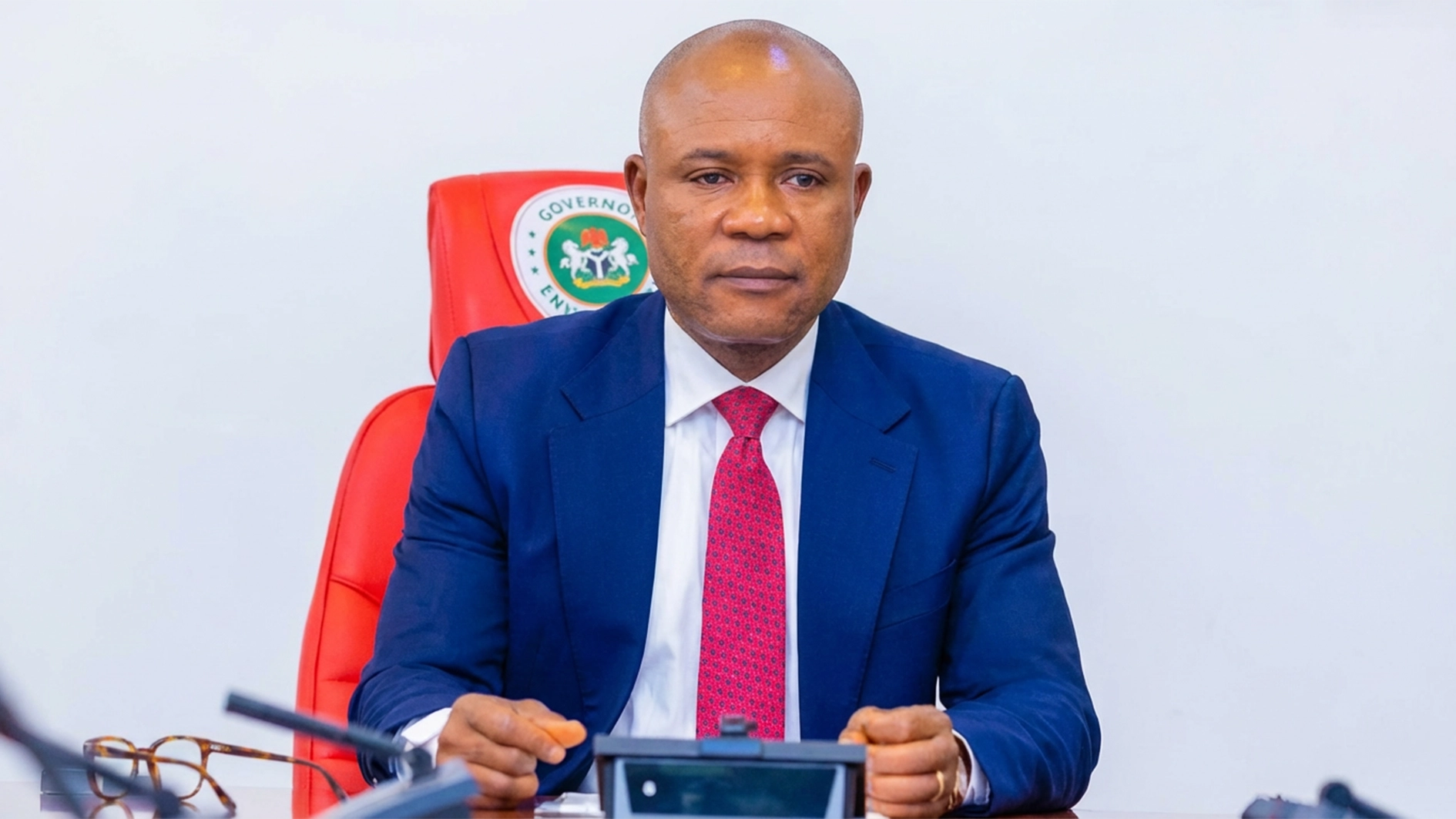A new report published by Quartus Economics has revealed that Nigeria’s economy has experienced a significant improvement; however, poverty levels in the country continue to rise.
Between 2014 and 2023, Nigeria’s GDP growth slowed due to internal policy challenges, structural weaknesses, and external economic shocks.
The country’s apex bank, the Central Bank of Nigeria (CBN), maintained multiple exchange rates and tight controls on foreign currency access, which in turn discouraged foreign direct investment (FDI) and import-dependent industries.
Other factors that contributed to the economic decline during that period include the Boko Haram insurgency in the Northeast, banditry, and farmer-herder clashes, which disrupted farming activities.
Additionally, oil theft and pipeline vandalism reduced oil output far below OPEC quotas for the oil-dependent country. In 2020, the country entered into a recession as oil prices crashed during the global COVID-19 pandemic.
In 2023, President Bola Ahmed Tinubu announced the removal of fuel subsidies, a move that was heavily criticized by many Nigerians. The removal caused inflation to rise. Quartus Economics described this as a bold step necessary for the country’s economic recovery.
“Like a medical patient, the Nigerian economy, by May 2023, was in critical condition: investment flows had dried up, debt service alone devoured more than 95% of federal revenues as public debt reached unsustainable levels. Time was running out. The only option was to cut off what clearly could not be sustained.
“The government dealt wisely and decisively. It confronted the decades-long drainpipes that had sapped the economy: the fuel subsidy and the official exchange rate subsidy. While subsidy on PMS was declared “gone” on May 29, in reality, it was phased out over a period of up to 12-15 months,” the report read.
The report further noted that Nigeria’s economy began to recover in 2024, attributing this development to the “bold but necessary” reforms implemented by the country’s president in 2023.
“After years of economic strain and back-to-back shocks, 2024 marked Nigeria’s quiet return to stable growth. The economy’s pulse strengthened, production and employment steadied and started rising across industries as the long shadow of stall and contraction finally began to lift,” it added.
It also noted that amid this economic recovery, poverty levels continue to rise owing to factors it described as “pre-existing conditions” that cannot be ignored, adding that it could take decades for the impact those factors have caused to be reversed.
“The impact of Nigeria’s economic descent during the 2014 to 2023 decade cannot be ignored or discounted. In reality, the economy emaciated, shrinking in US dollar terms by more than US$200 billion during a period when the population expanded by more than 40 million people.
“This huge deficit and the negative impact on standards of living could take decades or more to reverse. Relative to regional and aspirational peers, Nigeria retrogressed in real economic terms, pushing over 65 million residents below the poverty line.”






